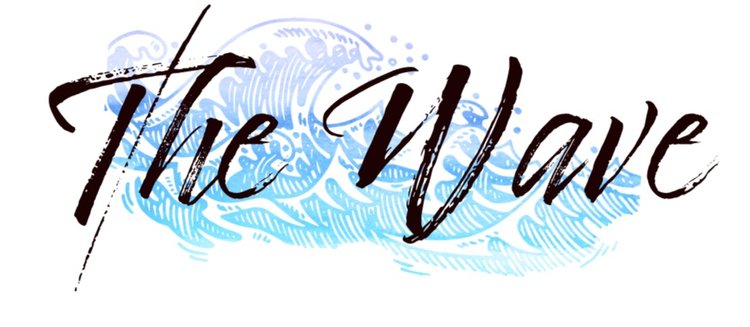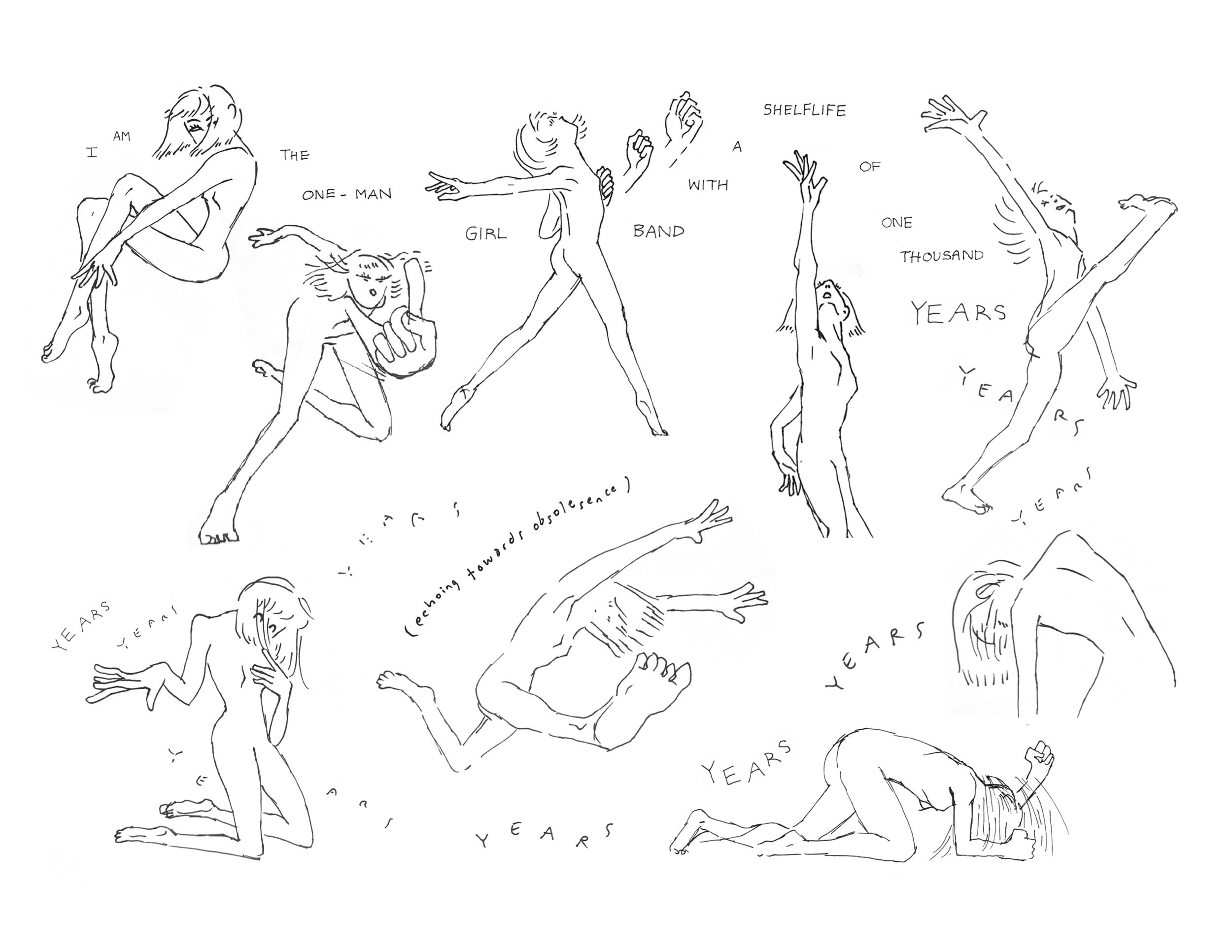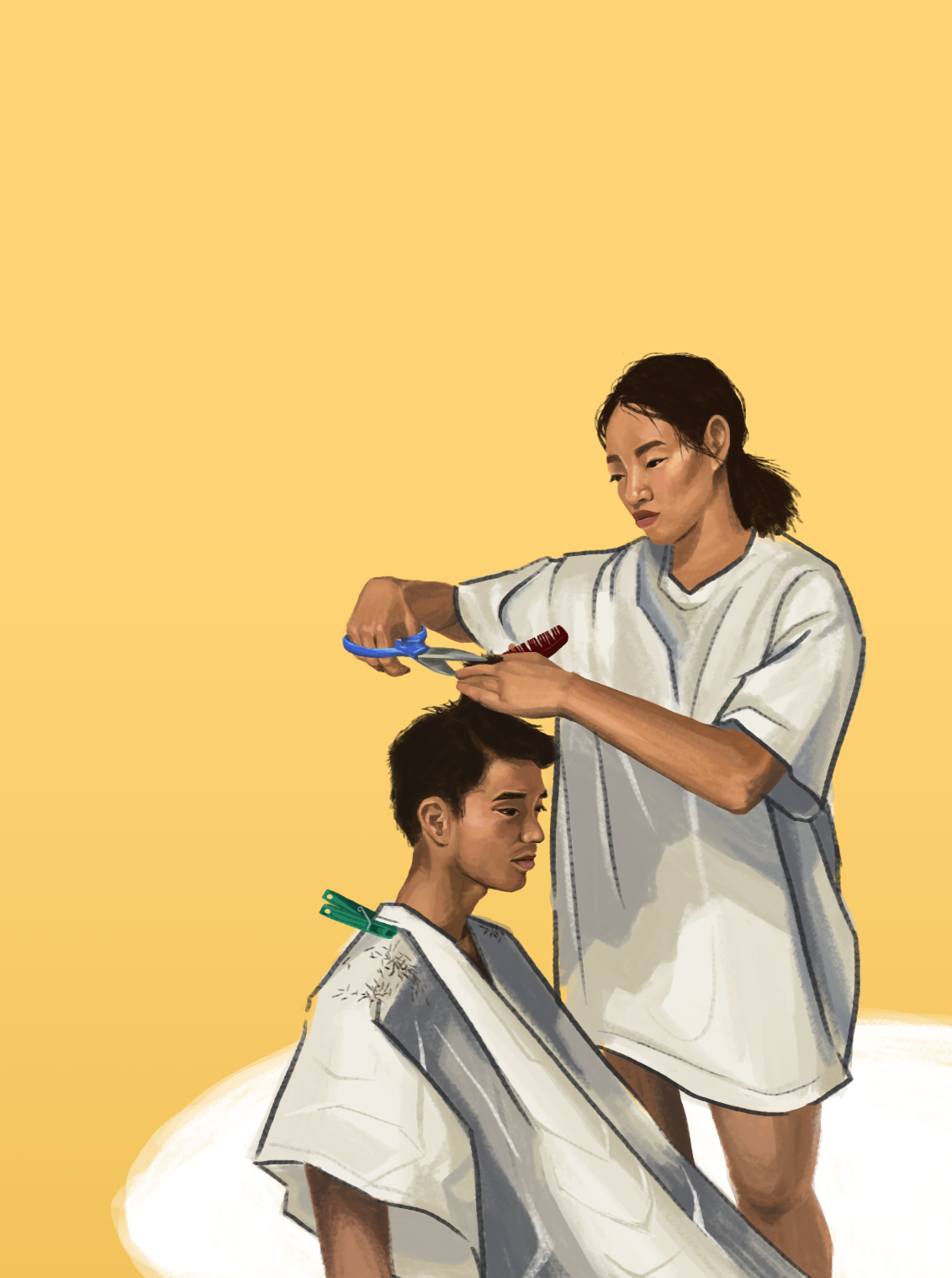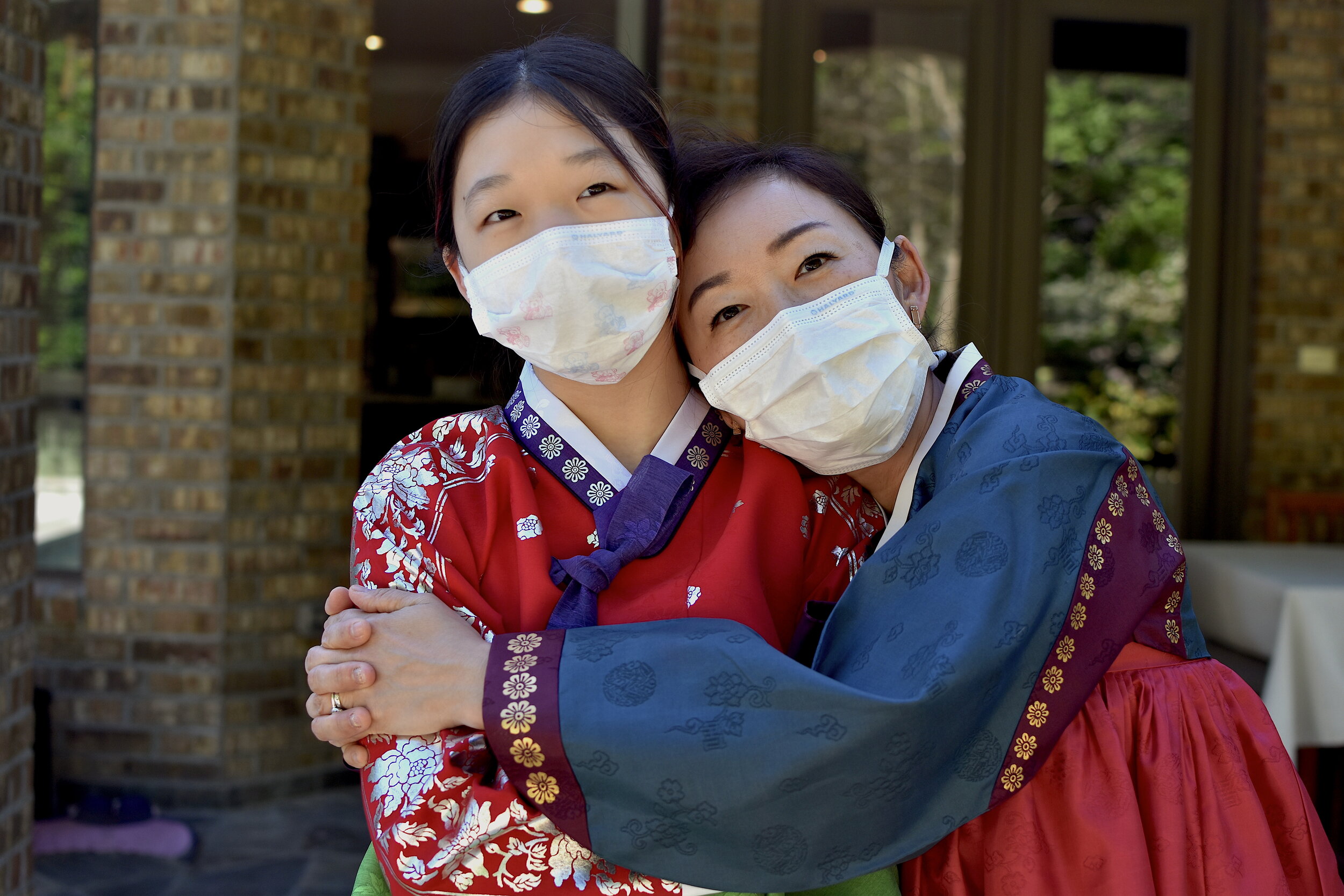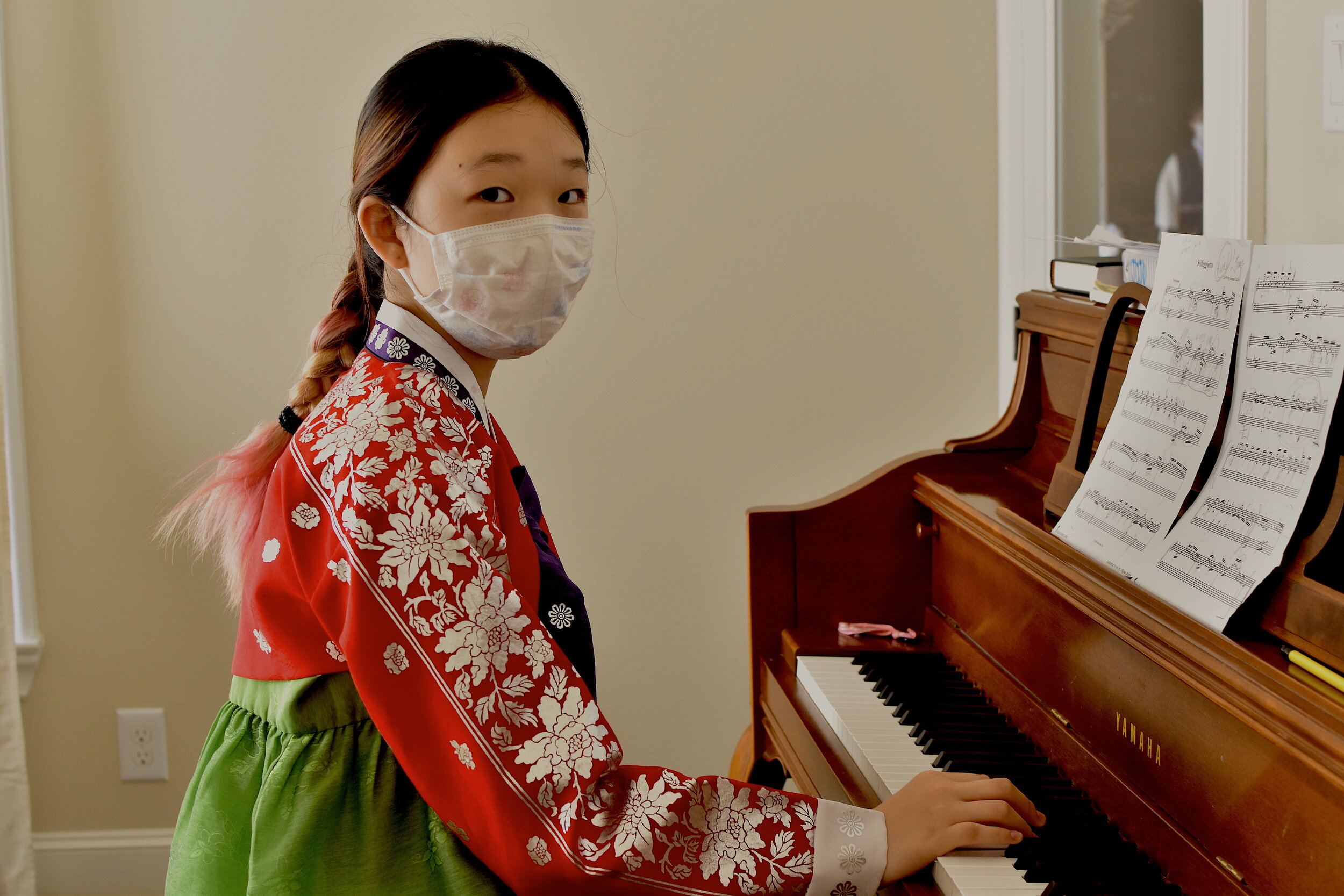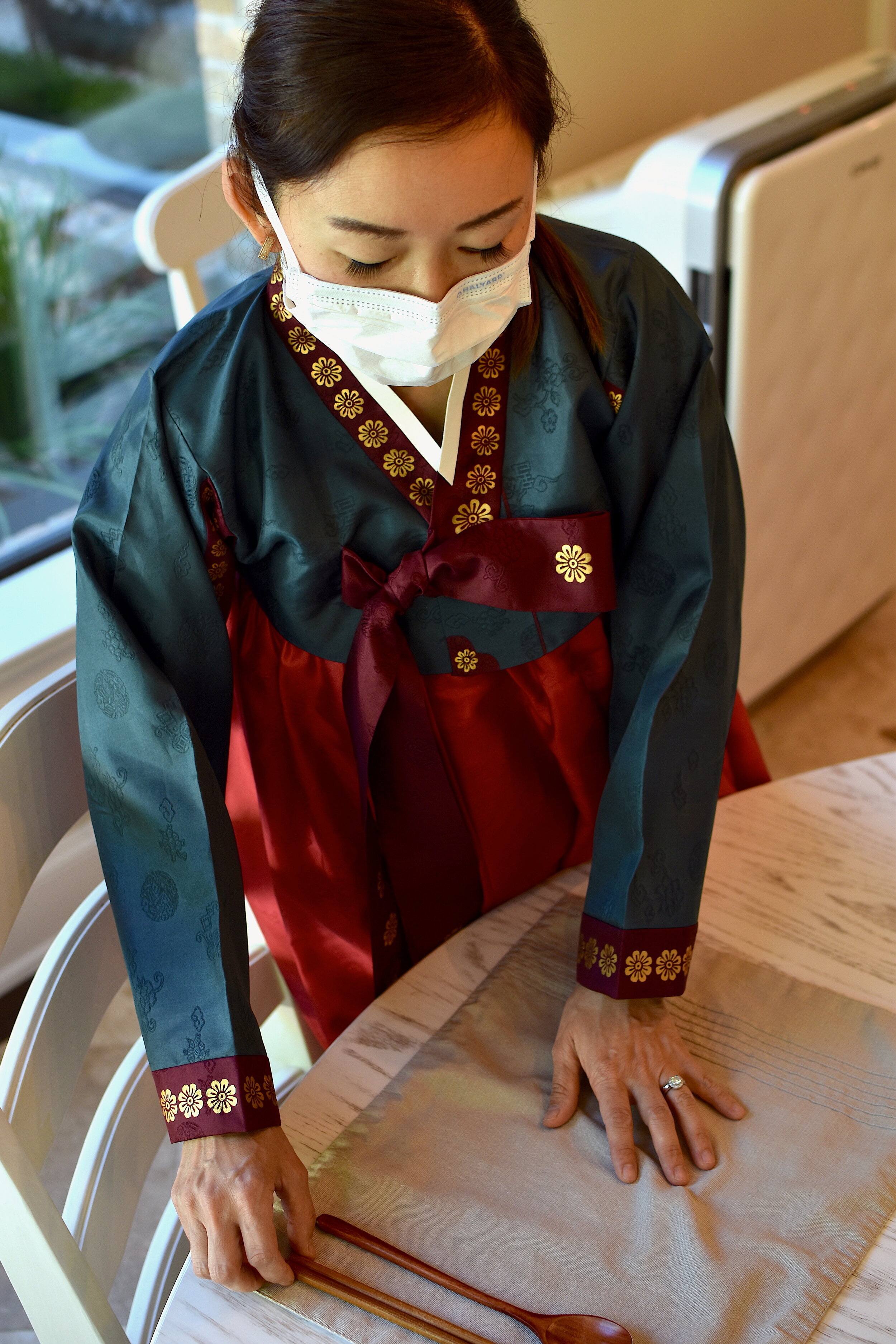Some days I love the limited interactions and the focused, quiet lifestyle I’m developing. I don’t have to engage in a social performance if I’d rather curl up in my thoughts. Other days I crave running into a friend at Peets and chatting about an upcoming concert, and I can’t quite stomach how different virtual conversations are from those accidental hellos. I plead with my brain to forget about that for a few months.
Often, I can only find out how introverted I’m feeling through having that online social interaction I’m being indecisive about.
When I virtually entered the painting class, I sensed tranquility. No one was speaking. Some people had their microphone and their video off. My shoulders loosened.
I settled down and scraped burnt umber and ultramarine blue together with a palette knife as my classmates worked quietly, moving across my phone screen. It’s funny how a single sun can manifest as late afternoon rays on some pixelated faces and, at the same instant, as a feeble morning glow on others who haven’t quite reached that point in the day yet. A cricket chirped somewhere in cyberspace, and I heard it.
In retrospect, perhaps I should have known that this class would not exhaust my attention in the same punishing way that others tended to. We were gathered online to work alone.
“I wanted to ask something about lecture,” Emily, another senior, began. Matt gave her the go-ahead. “Abstract Expressionism” — this was the topic of his most recent lecture — “is often the movement that people point to when they talk of the moment that art became pretentious. People don’t look at Renaissance paintings and say that, really. What is your response to that?”
Wind rustled through a tree somewhere in San Diego. Solvent swished in Cambridge. I dabbed at my canvas with a caked paper towel, agreeing with Emily in my head. Matt mused on the question, said she was broadly right about that impression, ahh’d a bit about his opinion, and asked Aurora for hers. She, too, seemed uncertain. “It’s hard to justify making anything,” she said finally. It spoke to a feeling of pointlessness that tinged my humdrum days in isolation, and yet it was a reassuring comment. I’d found solace in making things — buttercream macarons, portraits of my sister, fragments of writing — to stave off that nihilistic feeling, and although I still couldn’t quite justify these activities, maybe that didn’t matter either.
Amidst the ebb and flow of sighs and swishes and occasional questions, I would find inspiration in one sound or another, each pulling me into a new well of thought. I floated in the pools in my head, without feeling the usual obligation to climb out of the water and begin the effort of camouflaging the gap between this effortless existence and The Normal Class Experience We Should Be Having using attentive-looking smiles and thumbs-up emojis.
We were hearing, feeling, painting together. A shared experience consolidated in virtual snippets of reality and unexpected abstractions, rather than the physical space of the studio.
I unfolded my legs and turned off the microphone and camera on my phone, then went inside to make a snack. As I stared at the closed blinds of the kitchen window, munching on a peanut butter and banana sandwich, birdsong emanated from the phone in my pocket. It sounded like someone was dialing in from a forest. I didn’t check to see who, just contentedly let another reality fill my ears. So many guessing games, so many unknowns — opportunities for speculation hide in every corner of a virtual interaction. Perhaps the birdsong broadcaster was unaware that they had their microphone on, or maybe they knew perfectly well that they’d set off ten different trains of thought (about bluejays or avian migration patterns or something else) chugging around the world. Maybe someone did suspect that I’d abandoned painting in favour of eating in the middle of class.
The professor’s keyboard clacked. The cyber cricket crooned, and the birds went on. I stood at the kitchen sink, letting the sounds from other people’s realities fill my own, become my own.
